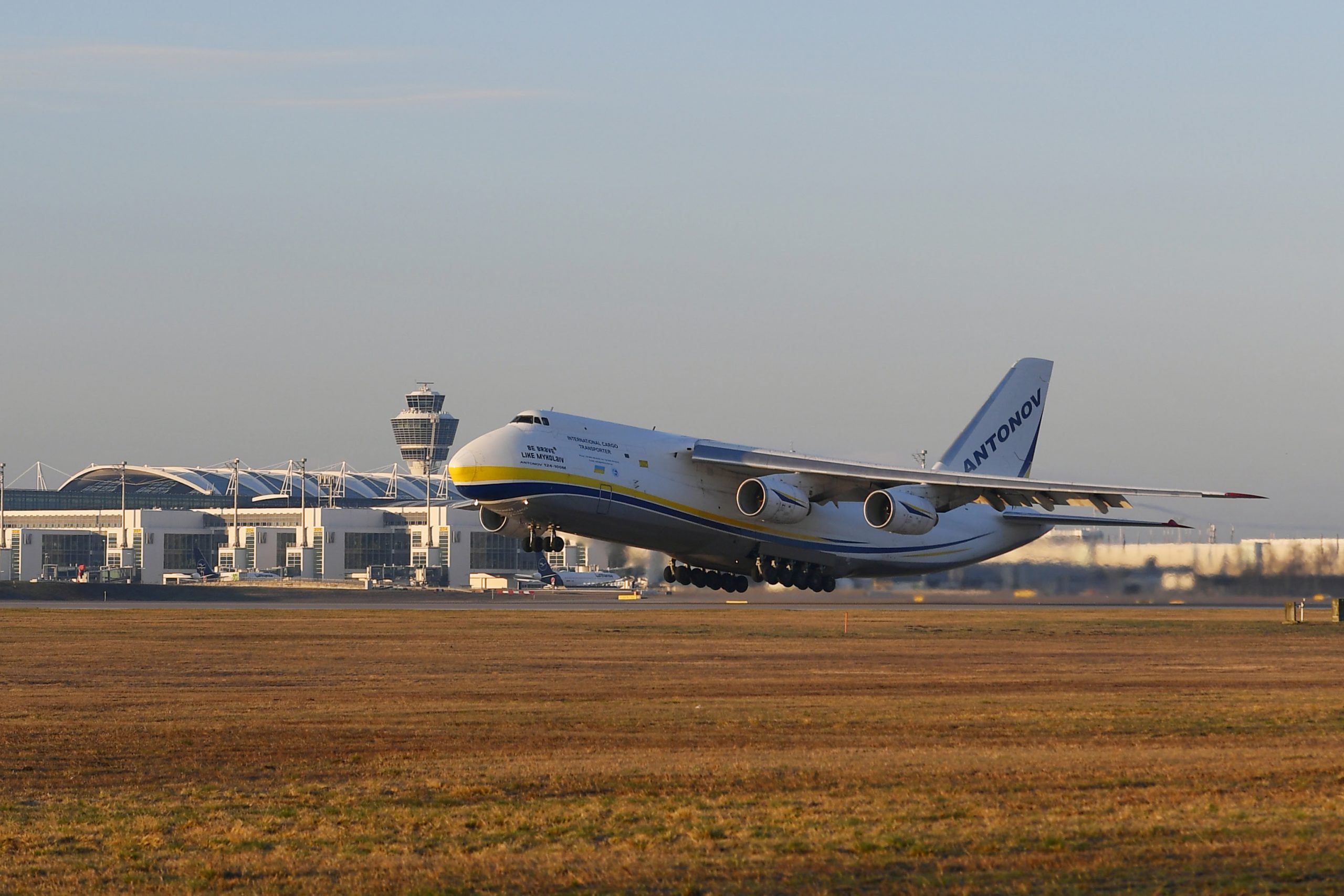
In a significant step forward for climate monitoring, the EarthCARE (Earth Clouds, Aerosols and Radiation Explorer) satellite has departed from Munich, Germany, en route to its launch site in Vandenberg, California. Scheduled for a May launch aboard a Falcon 9 rocket, this satellite represents a pivotal advancement in the European Space Agency’s (ESA) FutureEO program.
EarthCARE is poised to become the most complex Earth Explorer mission yet, with the primary goal of quantifying and reducing uncertainties surrounding the impact of clouds and aerosols on Earth’s atmosphere. This endeavor not only aims to enhance our understanding of climate change but also involves an impressive collaboration, having been developed, constructed, and tested with contributions from experts across 15 European countries, Japan, and Canada.
Marc Steckling, the Head of Earth Observation, Science and Exploration at Airbus, captured the gravity of this milestone, stating, “As the world’s climate continues to change at a faster and faster rate, scientists need ever more sophisticated space assets to enable better analysis. EarthCARE will help fill in the gaps by providing unprecedented measurements so that meteorologists and climatologists can better understand how energy is transmitted within the atmosphere.”
This mission is a collaborative effort between ESA and the Japanese Space Agency (JAXA), focusing on how clouds and aerosols reflect solar radiation back into space and trap infrared radiation from Earth’s surface. By drawing up vertical profiles of natural and human-made aerosols, registering the distribution of water droplets and ice crystals, and contributing to cloud and weather modeling, EarthCARE seeks to provide critical insights into Earth’s energy budget.
The satellite is equipped with four instruments, including the atmospheric lidar ATLID, which offers vertical profiles of aerosols and thin clouds. This makes Airbus a leader in spaceborne lidars, following the wind sensing spacecraft Aeolus. Other instruments on EarthCARE include a Broad-Band Radiometer, a Multi-Spectral Imager, and a Cloud Profiling Radar, together enabling a comprehensive analysis of the role of clouds and aerosols in Earth’s radiation budget.
With backing from over 200 research institutes globally, EarthCARE’s data is anticipated to refine the accuracy of cloud development models and their interactions with aerosols. By orbiting Earth in a Sun-synchronous 400 km polar orbit, EarthCARE is strategically positioned to maximize daylight conditions for optimal observation.
The project is helmed by Airbus Defence and Space in Friedrichshafen (Germany), with significant contributions from its Toulouse (France) branch for the development of the Atmospheric Lidar ATLID, marking a significant stride in our quest to comprehend and mitigate climate change.




